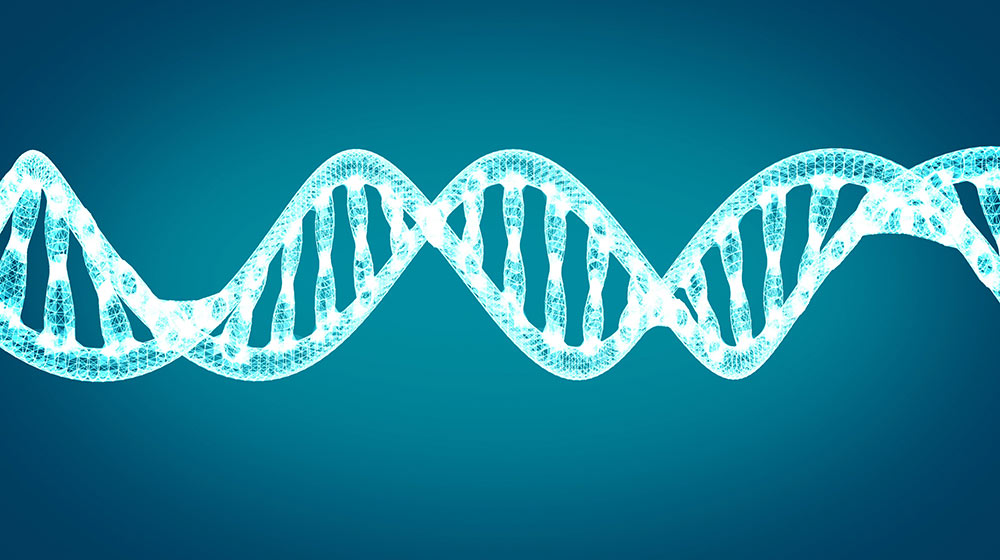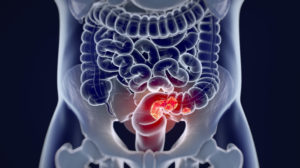The human DNA methylome is sensitive to our environment. It can also react to every aspect of the surroundings, but its dynamics are still not fully explored. The study looked into DNA methylation changes (DNAme) in correlation with recovery from a shift work disorder (SWD) by doing a paired epigenome-wide study on 32 shift workers.
During embryonic development, DNA methylation (DNAme) is critical. As a result, studies of different cell types revealed that roughly 15–21% of genomic CpGs undergo dynamic alterations throughout normal development. Once formed, the DNAme pattern is maintained during cell divisions to maintain cell identity. DNAme has been regarded as stable outside of the early stages of development and in a non-pathological environment.
Even though DNAme changes throughout the lifetime, there are still short-term factors that contribute to the alteration of DNAme. One of which is the environment, a study of epigenetic variations in a group of monozygotic twins discovered that the patterns of DNAme and histone modifications diverge as people age.
Working in shifts, especially at night, is connected with sleep problems, fatigue, and an increased risk of occupational injuries in general. In the long run, shift work is known to raise the risk of a variety of adverse health outcomes, including coronary heart disease (CHD), metabolic syndrome, type 2 diabetes, gastrointestinal problems, and breast cancer.
Read the original publication of this study here: [ Differential DNA methylation in recovery from shift work disorder ]
This study will take on the subject of how the human DNA methylome is affected by shift work sleep disorder which is caused by environmental and behavioral factors.

Differential DNA methylation in recovery from shift work disorder
In the study, the researchers carried out research on 32 shift workers, which include 21 individuals with shift work sleep disorder (SWD) and 11 with normal conditions in their 40s. The participants all have their DNA samples collected during a working shift and after they have a vacation.
The participants with SWD were classified into three groups based on the estimated change in recovery symptoms for each shift worker: well-recovered, recovered, and poorly recovered. During this period, their DNAme is carefully monitored to ensure that the slightest fluctuation or alteration will not be left unnoticed.
Based on data from on-site surveys, researchers then examined whether changes in the methylation levels (M-values) of the 38 differentially methylated positions (DMPs) from the CREB-CaMKII pathway correspond with the degree of recovery in the SWD group.
Three gene set ontology (GO) libraries in Enrichr were explored to identify the affected biological pathways.
It is found that 3/38 DMPs correlated with the degree of recovery at P 0.05; however, none remained significant after multiple testing corrections. When comparing the level of methylation of the 38 DMPs in the control and the SWD group during the working period, it is found that 28/38 of the sites in the SWD group were hypomethylated and 10/38 were hypermethylated, compared to 10/38 during the vacation period.
The recovery dynamics in the SWD group were found to be highly individual, with some shift workers claiming complete recovery while others were continuing to mention drowsiness and sleeplessness long after the holiday. This, as a result of the research, has shed some light on the connection between shift work disorder (SWD) and how DNAme changes.
The study of global DNAme profiles in SWD recovery groups revealed no discernible variations in the degree of change between the poor and well-recovered groups. This confirms our findings from the epigenome-wide association analysis and gene enrichment studies, which indicate that the vacation did not change DNAme in a genome-wide manner but rather affected CpGs locally in particular pathways.
Takeaways:
- The DNAme of shift workers responds to vacation in a distinctive way, notably in those suffering from SWD symptoms.
- Though there are still some limitations to this study, the numbers have shown some very promising results, which can lead to potential advancement in optimizing the human body, health through controlling the environmental factors.
- The result is that even a two-week vacation causes alterations in the human DNA methylome. This is a highly dynamic and complicated regulatory system that we are only now beginning to comprehend.
[ Differential DNA methylation in recovery from shift work disorder ]





